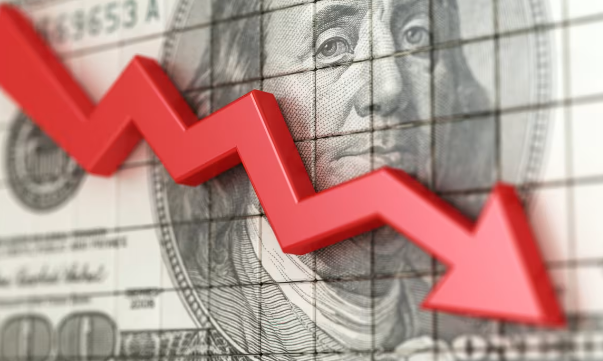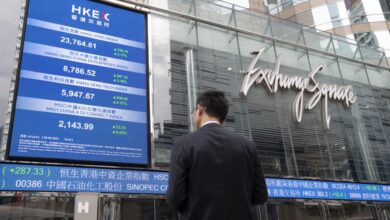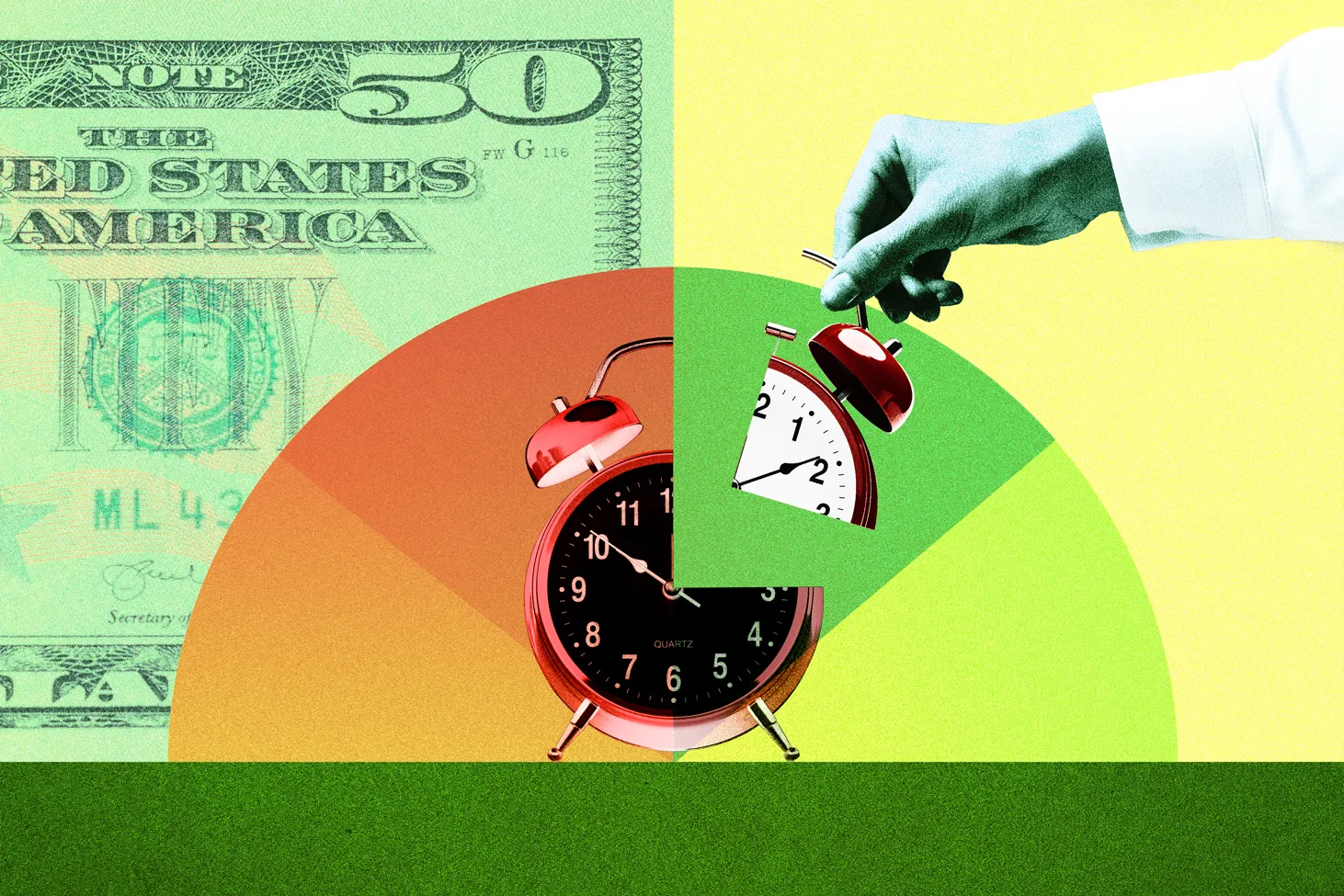
The stock market’s so-called “Trump bump,” a surge in stock prices following Donald Trump’s 2016 election, could potentially turn into a “Trump dump” due to a variety of economic and political factors. While Trump’s initial policies—focused on corporate tax cuts, deregulation, and infrastructure promises—helped boost investor optimism, experts warn that these gains may not be sustainable in the long term.
Here are some reasons why the stock market rally could lose momentum and reverse:
- Trade Tensions and Tariffs
Trump’s approach to international trade, particularly his use of tariffs on goods from China and other countries, created significant market volatility. While tariffs aimed to protect U.S. industries, they also increased costs for American companies reliant on global supply chains. If trade tensions worsen or tariffs are raised, companies may face increased costs, potentially hurting profit margins and dragging down stock prices. - Rising National Debt
The tax cuts introduced during Trump’s administration boosted corporate profits, which initially led to increased stock buybacks and higher stock prices. However, these cuts also contributed to a growing national debt, raising concerns about long-term economic stability. Rising debt levels can impact government spending and may eventually require higher taxes or spending cuts, both of which could dampen economic growth and impact investor sentiment. - Economic Slowdown Fears
The initial enthusiasm for Trump’s pro-business policies gave a short-term boost to stocks, but underlying economic fundamentals are beginning to reflect more uncertainty. The Federal Reserve’s interest rate decisions, global economic shifts, and signs of slowing growth in the U.S. economy could weigh on stock performance, potentially turning the “bump” into a downturn if growth expectations aren’t met. - Political Instability and Election Cycles
The political landscape can significantly impact the markets. Heightened political tensions, impeachment proceedings, or major policy changes in the lead-up to future elections could create instability and cause markets to react negatively. Additionally, investors may be cautious if they anticipate policy reversals, especially if new leadership challenges Trump’s deregulatory measures.
While the “Trump bump” has been profitable for many investors, analysts caution that market optimism driven by political momentum can be fragile. As economic fundamentals reassert themselves, the possibility of a market correction—turning a “bump” into a “dump”—remains a realistic risk.





